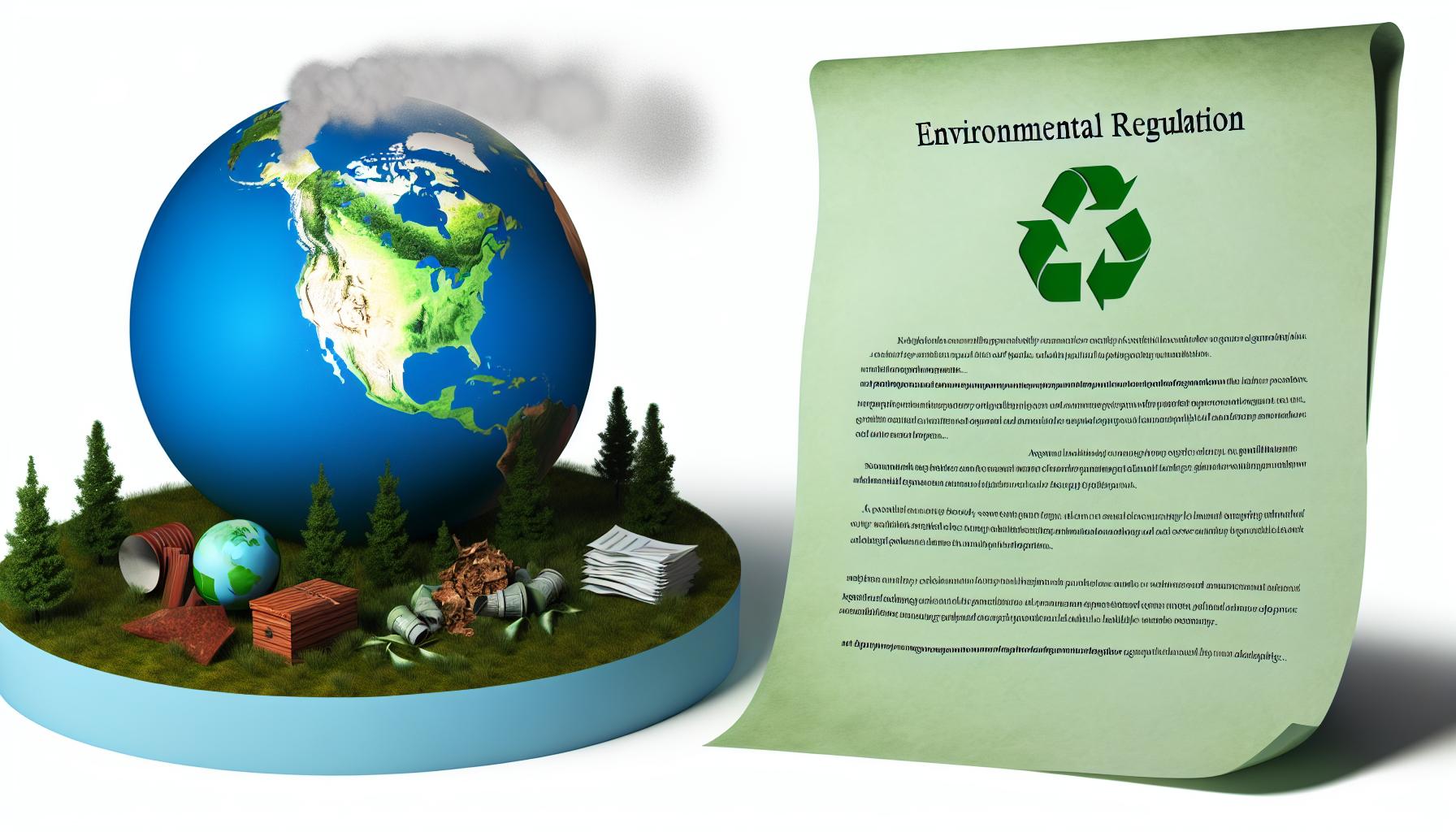Exciting news for ZERO CIRCLE and all stakeholders! The Securities and Exchange Commission (SEC) has just issued the final Climate Disclosure Rule, which will significantly impact how private companies disclose climate-related information in their registration statements and annual reports.
This rule will be implemented gradually based on the size of the company, aiming to enhance transparency and reliability in climate-related disclosures.
Key points from the SEC's new Climate Disclosure Rule:
- Detailed disclosures on Scope 1 and Scope 2 emissions
- Requirements for transition plans, scenario analysis, and internal carbon prices
- Disclosure of material climate-related risks and their impacts
- Reporting on mitigation and adaptation activities
- Board and management oversight on climate-related risks
- Disclosure of climate-related targets or goals
The SEC has introduced a new Climate Disclosure Rule to enhance and standardize climate-related disclosures for investors. Here are some more key points:
Disclosure Requirements:
- Companies will need to provide consistent, comparable, and decision-useful information to investors.
- The rule mandates disclosing climate-related risks, mitigation activities, GHG emissions, and financial impacts of severe weather events.
Changes from Proposed Rule:
- The final rule scales back the proposed requirements, eliminating Scope 3 GHG emission disclosures and reducing financial statement disclosure requirements.
- Registrants have flexibility in determining organizational boundaries for Scope 1 and Scope 2 GHG emissions.
Timeline and Exemptions:
- Large accelerated filers have an extended timeline for compliance, with exemptions for smaller reporting companies from GHG emission disclosures.
Comparison with Other Regulations:
- Unlike broader sustainability standards, the SEC's rule aligns with existing disclosure frameworks like the GHG Protocol but focuses solely on climate-related disclosures.
Legal Challenges and Political Response:
- The rule faces potential legal challenges and political pushback, with concerns raised about increased disclosure costs and implications for non-U.S. businesses.
- Commissioner Crenshaw expressed concerns that the rule did not go far enough, highlighting differing perspectives within the SEC.
Implications for Companies:
- Companies are advised to establish or refine climate governance, assess current disclosure practices, prepare for attestation requirements, and develop detailed action plans for implementation.
Public Response:
- The new rules have been criticized for being weaker than initially proposed, particularly because they exclude Scope 3 emissions reporting.
- Despite the rule's phased implementation and focus on materiality, concerns remain about its cost-effectiveness and potential watering down of disclosures.
The CEO's Perspective on the New SEC Regulation and its Impact on Zero Circle
The CEO's perspective on the new SEC regulation and its impact on ZERO CIRCLE is that the rule, which requires large private companies to disclose risks related to climate change and share partial information about their greenhouse gas emissions, has faced legal and legislative challenges.
The SEC considers the final rule a compromise, leading to discontent among politicians and environmental activists. While the rule aims to enhance investor transparency, it has been criticized for not going far enough in addressing climate-related risks, particularly in terms of disclosing pollution from supply chains and products.
Despite the challenges and criticisms, SEC Chair Gary Gensler stands by the compromises made in the new rule, emphasizing that it is an important step for U.S. capital markets and will enhance disclosures for investors to make informed decisions.
New SEC Regulation And How It Would Impact Zero Circle
SEC's Proposed Climate Disclosure Rule
The Securities and Exchange Commission (SEC) has introduced a transformative climate disclosure rule aimed at revolutionizing corporate transparency and sustainability. This rule mandates detailed disclosure of emissions, climate risks, and strategies for achieving net zero emissions, providing investors with consistent, comparable, and meaningful climate-related information.
Key Aspects of the Proposed Rule
At the core of the SEC’s proposal is comprehensive reporting, requiring companies to provide insights into their climate-related facets, including risks, emissions data, and plans for achieving net zero emissions. Standardizing reporting obligations across companies issuing securities is another key aspect of enhancing the quality of the information provided.
Implications for Companies like Zero Circle
The new SEC regulation will significantly impact accounting, auditing, and assurance practices for private companies like Zero Circle. It will increase reporting obligations, demand thorough data gathering and accurate presentation, and strengthen internal controls to comply with the regulations. Companies transitioning from voluntary to regulated disclosure will face challenges in adapting to the new reporting requirements.
Role of Carbon Credits and RECs
The SEC's proposed rule recognizes the importance of carbon offsets and renewable energy credits (RECs) in climate-related reporting. Companies like Zero Circle will need to disclose how they use these tools in their decarbonization efforts and align them with their business strategies. Understanding the implications of using carbon credits on risk profiles and financial strategies will be crucial for companies.
At ZERO CIRCLE, we are prepared to navigate these new disclosure requirements and leverage the enhanced climate disclosures to provide our clients with accurate and decision-useful sustainability data. Stay tuned for updates as we adapt our processes to ensure we offer the most reliable information for informed investment decisions.
Let's embrace this new era of enhanced climate disclosure together!



.jpg)